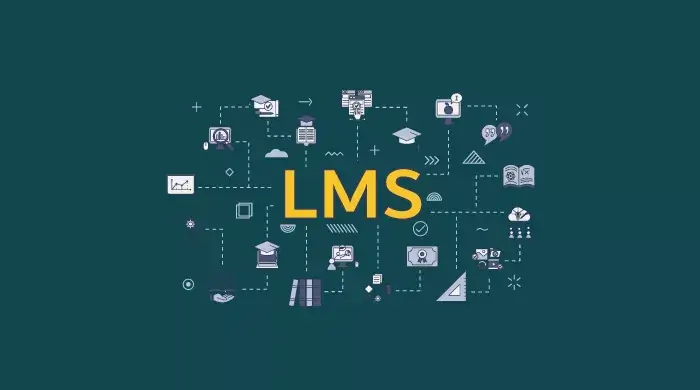The acceleration of technologies like artificial intelligence, automation and the metaverse is mandating continual reskilling and upskilling across global workforces at unprecedented scale. To thrive in the jobs of tomorrow, today’s employees expect hyper-personalized, mobile-friendly learning experiences tightly integrated with internal mobility pathways. Legacy learning management systems (LMS) struggle to meet these expectations – fueling intense enterprise demand for customized platforms in 2024.
Let’s examine the key drivers propelling custom LMS solutions along with real-world implementation insights.
Embracing Strategic Skills Dynamism
Instead of episodic training focused on short-term productivity, smart companies now run always-on learning engines to help employees sustainably gain skills adjacencies needed to fulfill emerging business objectives. The priorities of software engineers, financial analysts and healthcare workers in 2024 will look markedly different from today’s. Custom LMS architecture allows creating flexible learning roadmaps responsive to this ongoing strategic flux rather than just-in-case content push.
Built-in integration with human capital management systems and people analytics provides visibility into wider talent transformation initiatives – pivoting the workforce to new operating models as external disruption accelerates across industries.
Focusing Learners with Relevant Content
Even as enterprise learning content libraries balloon thanks to curation acceleration tools, consistently guiding individual employees to the most contextual courses and recommendations remains a perennial challenge. Custom LMS solutions help resolve this through unified taxonomies powering:
- Metadata-driven content tagging using skills, competencies, job families
- Multi-dimensional analytics identifying usage trends and performance correlations to refine recommendations over time
- Contextual recommendation engines that integrate insights from career development plans and manager inputs
- Robust enterprise search layers providing intelligent query-based content discoverability
This level of personalization and precision starkly improves learner motivation, program efficacy and content ROI – key deficient areas of standard LMS products.
Scaling and Standardization Massive global workforces create elevated complexity around localized content, compliance rules and multi-language support. Custom LMS solutions are specifically designed to resolve such needs. Templatized site architectures, built-in language packs, role-based access policies and other flexible components help scale a unified learning experience across borders rather than manage disjoint systems.
Intuitive admin interfaces also assist non-technical teams in maintaining decentralization easily compared to commercial SaaS tools imposing rigid workflows. With custom LMS, global governance and regional autonomy co-exist more harmoniously.
The Cloud Imperative Legacy LMS platforms lock clients into on-premise enterprise software or outdated SaaS models unable to leverage cloud-native advantages like unlimited elastic scale, faster feature upgrades, automated DevOps pipelines and mobile-first designs. Custom LMS unshackles enterprises from this burden through cutting-edge cloud technologies and microservices enabling future-proof benefits:
- Rapid scalability to support surges in concurrent learner loads
- Frictionless mobile experience and offline sync for field/remote workers
- Continuous delivery of new features, personalization algorithms and admin enhancements
- Straightforward integration using cloud API connectors and automation
- Enriched analytics through big data and dashboard tools like PowerBI
As legacy incumbents scramble to re-platform, custom LMS provides the most agile way to leverage cloud.
The Build vs Buy Dilemma
IDC estimates over 18% of large companies will adopt custom-built LMS solutions by 2025, doubling from current state. While homegrown systems allow ultimate personalization, enterprises must critically evaluate costs, risks and time investments needed against settling for configurable off-the-shelf tools with some compromises.
Leading custom LMS developers boast proprietary templates, engines and frameworks to accelerate quality implementation timelines dramatically while retiring the extreme effort, talent and diligence required for DIY solutions. With deep expertise provisioning essential functionality like skills ontology mapping, competency analytics, AI recommendation algorithms and VR learning integrations, these partners offset the pitfalls of creating entirely new systems from scratch.
As technology cycles shrink and disruption accelerates, custom LMS strikes the right balance between control and convenience for enterprises marching into 2025.
The Road Ahead
With learning effectiveness directly fueling business performance, the need for customized learning systems to unlock workforce potential will only intensify as we advance through 2024. The synergistic combination of platform flexibility, real-time personalization, scaled delivery and cloud-forward foundation is compelling for any organization seeking enduring talent competitiveness and agility.










